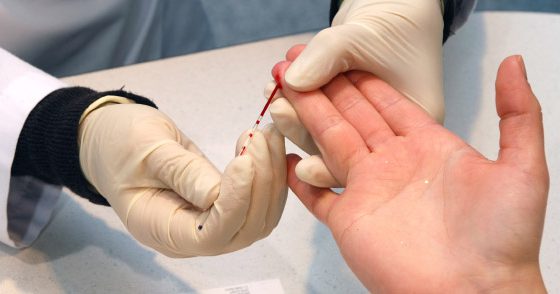Biomarkers play a major role in cardiovascular disease. In addition to diagnosis and monitoring, they also appear to provide an early indication of cardiovascular side effects in malignancies.
Better understanding and the associated more effective treatment options for malignant diseases are leading to a growing number of long-term survivors. Thus, the importance of early knowledge of potential therapy-associated cardiovascular side effects increases. A meta-analysis further examined the cardiac biomarkers troponin (cTN) and brain natriuretic peptide (BNP/NT-proBNP) for their effectiveness in detecting therapy-associated cardiotoxicity in cancer treatments.
A total of 5 664 patients from 57 studies were analyzed. The primary end point was defined as a reduction in left ventricular ejection fraction (LVEF) above a predefined threshold. Conventional chemotherapy and HER2 inhibitor therapy were found to be associated with increased troponin (OR: 14.2; 95% CI: 7.5-27.0). Prognostically, this indicated the development of left ventricular dysfunction. The strongest effect was demonstrated in patients receiving high-dose chemotherapy. With a negative predictive value of 94% in predicting cardiotoxicity, troponin was identified as a beneficial marker for screening high-risk patients. However, this finding does not apply to BNP/NT-proBNP. A pathologically elevated value was not significantly associated with the incidence of left ventricular dysfunction.
Source: Michel L, et al: Clin Res Cardiol 2019; 108, Suppl 1. DOI: 10.1007/s00392-019-01435-9.
CARDIOVASC 2019; 18(3): 35











